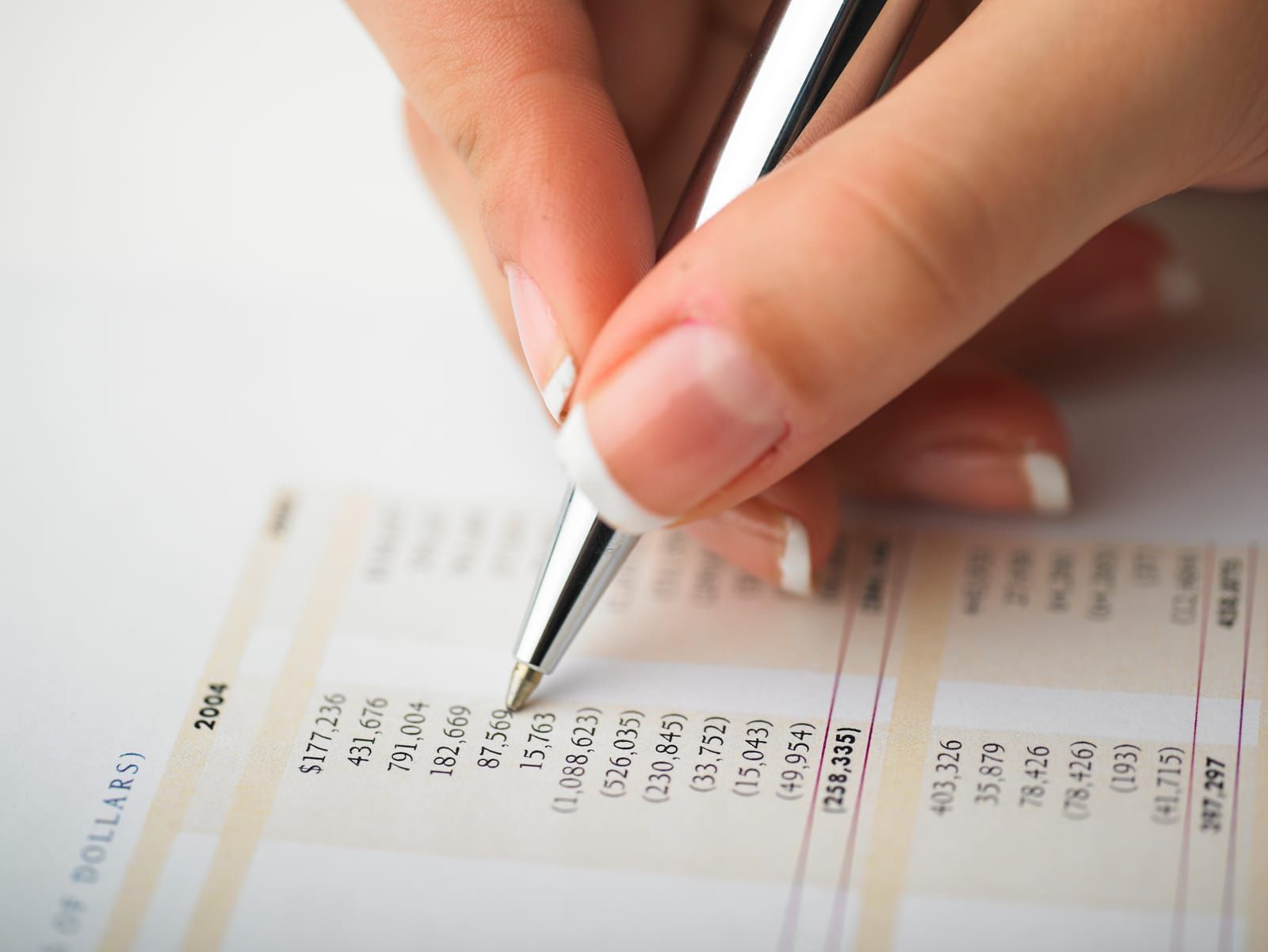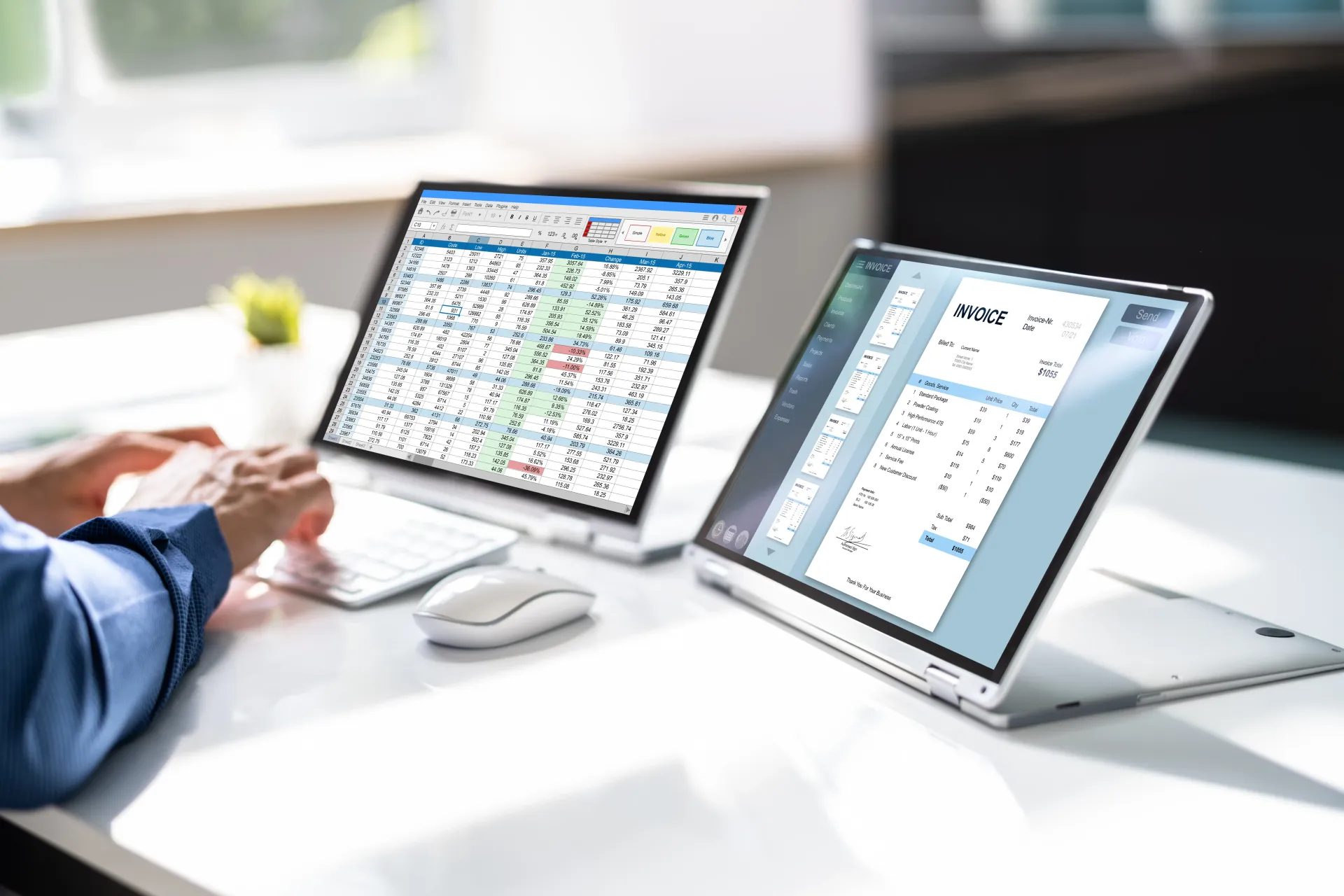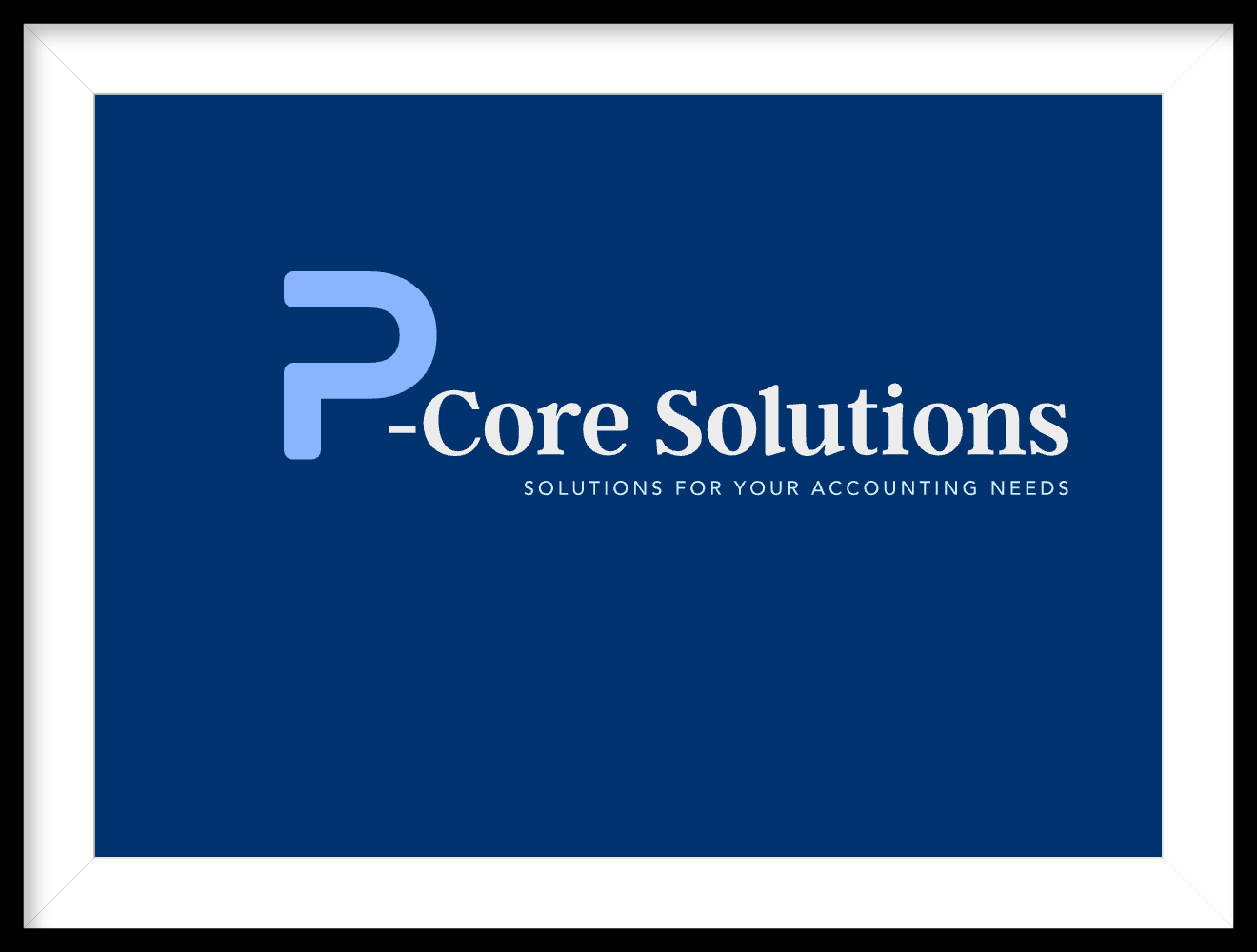Improper Expense Classification – What is it and Why It Can Hurt Your Business?
Generally running your own small business comes with wearing more hats than you ever cared to wear – CEO, marketer, sales rep, and bookkeeper. With so many responsibilities, it’s easy for some to be considered more important than others, or more likely, you focus more on the responsibilities that are more natural for you. As most entrepreneurs are not accountants, bookkeeping is secondary, and a natural byproduct is improper expense classification.
What Is Expense Classification?
To start the conversation, it’s important to ensure a valid understanding of expense classification. In its simplest terms, expense classification is the way business expenditures are categorized in your accounting records. Typical categories include:
- Marketing & Advertising
- Office Supplies
- Professional Services
- Rent or Lease Payments
- Travel & Meals
Creating proper classifications, also known as a Chart of Accounts, that make sense for your company and industry help create clear, accurate financial statements, which are essential for budgeting, forecasting, tax reporting, and attracting investors.
Why Expenses are So Frequently Misclassified?
1. Mixing Personal and Business Expenses
We talked about this in-depth last week. Blurring the line between personal and business spending is an extremely common issue. Classifying these expenses incorrectly not only complicates bookkeeping but also puts the business at risk.
2. Lack of Accounting Knowledge
Many entrepreneurs launch businesses with little to no formal training in accounting. While they may understand that a receipt must be saved, they may not know the difference between an asset, operating expense or cost of goods. This leads to misclassifications that can throw off financial reports and tax filings.
3. DIY Bookkeeping
Going hand in hand with lack of accounting knowledge, many small business owners handle bookkeeping themselves despite not knowing some of basics of accounting. Most accounting software helps simplify the processes, but without proper understanding of how to use these tools, even automated systems can lead to misfiled expenses.
4. Untimely Record Keeping
Especially when the accounting is secondary for a business owner, they may wait weeks and even months before addressing the transaction. Even with the best memory, it’s easy to forget what a transaction was for months after the expenditure occurred. This often results in incorrect classifications or the dreaded “miscellaneous” expenses which offers little insight.
The Consequences of Improper Classification
Though discussed broadly above, improper expense classification isn’t just a annoyance—it is a problem that can have real financial and legal consequences:
- Inaccurate Financial Reports: Bad data leads to poor decision-making.
- Cash Flow Problems: Misunderstanding where your money is going can result in missed payments, misapplied payments and overdrawn accounts.
- Tax Issues: Improperly classified expenses may not be counted as tax-deductible and can raise red flags with the IRS and may lead to audits, penalties, or fines.
Final Thoughts
Improper expense classification is an avoidable mistake that can potentially damage you’re the business you’ve worked so hard at. However, with the right tools, a bit of education, and perhaps some expert help, you can clean up your books and focus on what really matters—growing your business.




